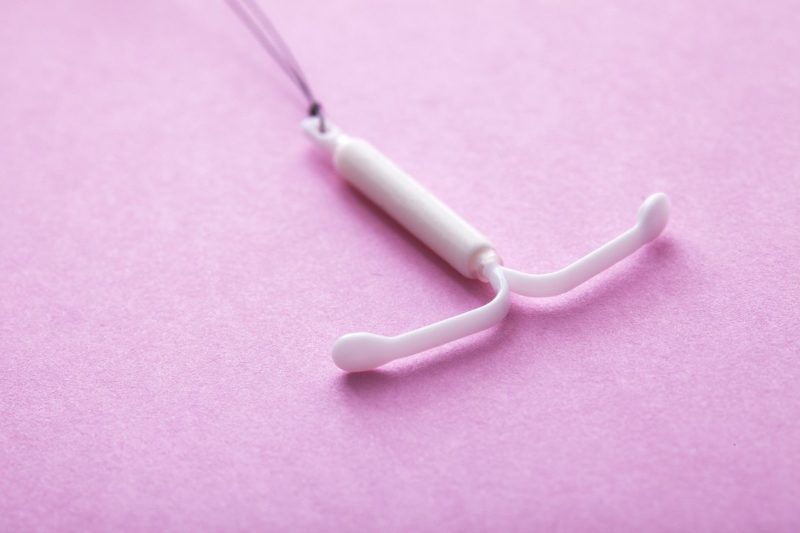Pennsylvania Makes LARCs More Accessible
Pennsylvania spent $248.2 million on unintended pregnancies in 2010, in addition to the $478.6 million spent by the federal government. More than half of pregnancies in the state that year were classified as “unintended.”

Pennsylvania women with low incomes will have improved options for family planning next month, when the state’s Medicaid program begins to fully reimburse the cost of postpartum long-acting reversible contraception (LARC) insertion.
The state’s Department of Human Services (DHS) announced Monday that Medicaid will begin reimbursing hospitals separately for the cost of inserting intrauterine devices (IUDs) or contraceptive implants in patients who want them immediately after childbirth.
Pennsylvania spent $248.2 million on unintended pregnancies in 2010, along with the $478.6 million spent by the federal government, according to data from the Guttmacher Institute. More than half of pregnancies in the state that year were classified as “unintended.”
LARC methods are the most effective form of contraception, according to the American Congress of Obstetricians and Gynecologists (ACOG).
Under current policy, Pennsylvania hospitals receive a bundled payment from Medicaid for all the costs of labor and delivery care. That reimbursement isn’t enough to cover the full cost of an IUD or implant for patients who want them inserted immediately after delivery.
After December 1, hospitals will receive payments from Medicaid’s fee-for-service program, in addition to the bundled payments for labor and delivery, in order to “eliminate the hurdle of high up-front costs of long-acting contraceptives” and to provide an incentive for hospitals to stock LARC devices, DHS officials said in a statement.
DHS officials, under Democratic Gov. Tom Wolf, said the new policy will improve public health, save taxpayer money, and reduce unplanned pregnancies. The agency estimates that the change will increase LARC usage in the state by 6 percent.
Loren K. Robinson, Pennsylvania Department of Health Deputy secretary for health promotion and disease prevention, said in an interview with the Pittsburgh Post-Gazette that the new policy will encourage doctors to promote patient awareness about LARC methods in general.
Pennsylvania DHS Secretary Ted Dallas noted in a statement that Pennsylvania was the latest of many states to adopt new payment policies to encourage LARC usage.
South Carolina in 2012 became the first state to change its Medicaid payment policy to encourage postpartum LARC insertion for patients who wanted them, according to the Pew Charitable Trusts. Several states, including California, Georgia, Illinois, and New York, have followed suit.
Fewer than one in 100 people with an IUD or an implant will become pregnant during the first year of use, according to ACOG.
The Pennsylvania agency also announced Monday that it will provide training for doctors and other medical personnel to support LARC use. The state DHS also plans to increase some Medicaid fee-for-service family planning rates for outpatient providers, including for LARC insertion and removal.
